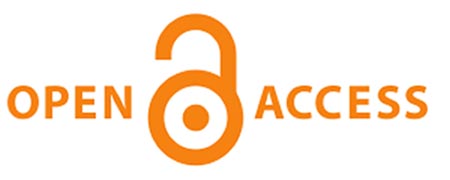Our current version of MediaWiki has seen its days, and we’re badly in need of an upgrade. When that happens (hopefully in a couple weeks), the Commons wiki will be able to run some interesting extensions. (Extensions are like plug-ins in WordPress – they are chunks of code that extend the wiki’s functionality.)
First on the list is to add an RSS feed generator to the Commons wiki. This will be done by enabling a News Channel extension, which creates feeds from wiki pages according to category combinations. There will be more on this when it becomes available.
To complement the RSS feed generator, we will install a RSS Feed Reader that will let you embed RSS Feed into your wiki pages. These feeds can come from the Commons wiki, or from other sources.
Our “Welcome” page will soon change to take advantage of this RSS functionality. We will be able to showcase new pages, and make our front page more dynamic and interesting.
Let me know about any other extensions you are interested in getting installed. One in particular which caught my eye is an extension that lets a user to pick pages from the wiki and “Create a book.” The book can be downloaded to a PDF, and sent via email to students. Could be a great way to centralize course content and save on the cost of textbooks. (Of course there are copyright issues here…)
And finally, in anticipation of the new MediaWiki upgrade, the Wiki Wrangler blog has changed its look. Goodbye dusty mountains. The columns on the left and right will eventually be filled with content from the wiki. (For now, I have hard-code some links to new wiki pages, and taken a feed from the Commons News blog.)



